1. Robert Redford
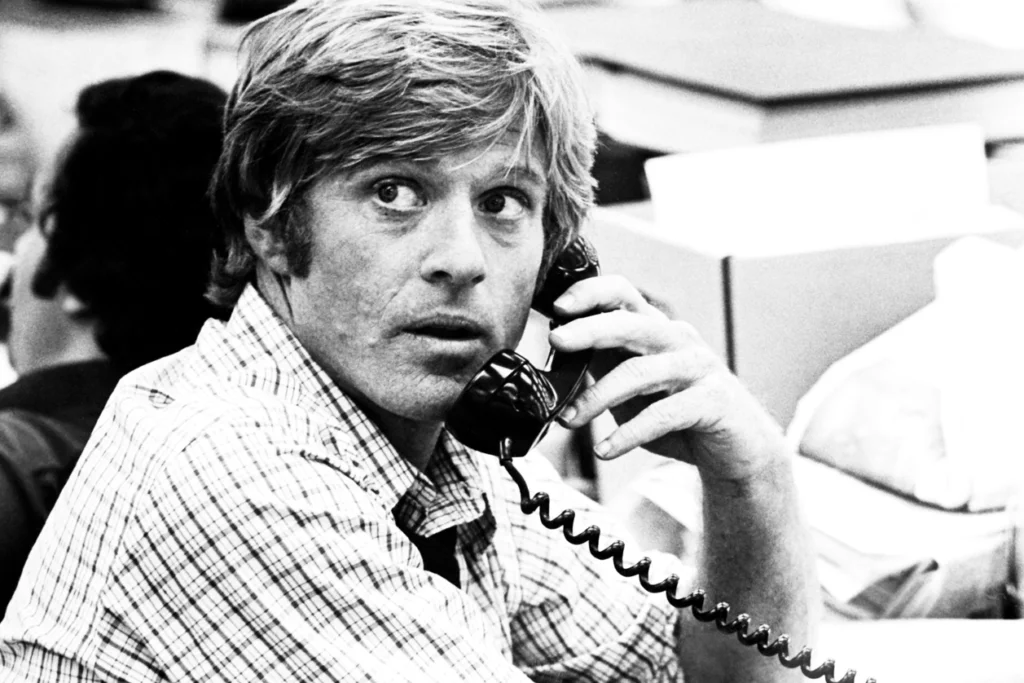
Robert Redford was already a major star by the early ‘70s, known for roles in Butch Cassidy and the Sundance Kid and The Sting. His quiet intensity and natural charisma made him one of Hollywood’s most bankable leading men. But Redford wasn’t content to stay in front of the camera. In 1980, he made his directorial debut with Ordinary People, a drama that stunned critics and won four Academy Awards, including Best Director for Redford himself.
After that, Redford continued directing films that were thoughtful and socially conscious, like A River Runs Through It and Quiz Show. He also founded the Sundance Institute, nurturing independent filmmakers and changing the landscape of American cinema. His ability to balance acting, directing, and producing solidified his influence in multiple corners of the industry. Even in later years, his work behind the camera has been as respected as his on-screen performances.
2. Clint Eastwood

In the ‘70s, Clint Eastwood was the ultimate tough guy, thanks to roles in the Dirty Harry series and a string of Spaghetti Westerns. Audiences loved his steely gaze and minimal dialogue, but Eastwood had more to say when he stepped behind the camera. In 1971, he made his directorial debut with Play Misty for Me, a psychological thriller that proved he could tell a gripping story just as well as he could star in one.
Over the decades, Eastwood’s directing career has arguably outshined his acting, with films like Unforgiven, Million Dollar Baby, and American Sniper earning critical and commercial acclaim. He’s known for shooting quickly, under budget, and with minimal takes, a style that actors love and studios appreciate. His longevity as a filmmaker is remarkable, and he’s still directing well into his 90s. For Eastwood, becoming a director wasn’t a side gig—it became a second, equally successful career.
3. Ron Howard
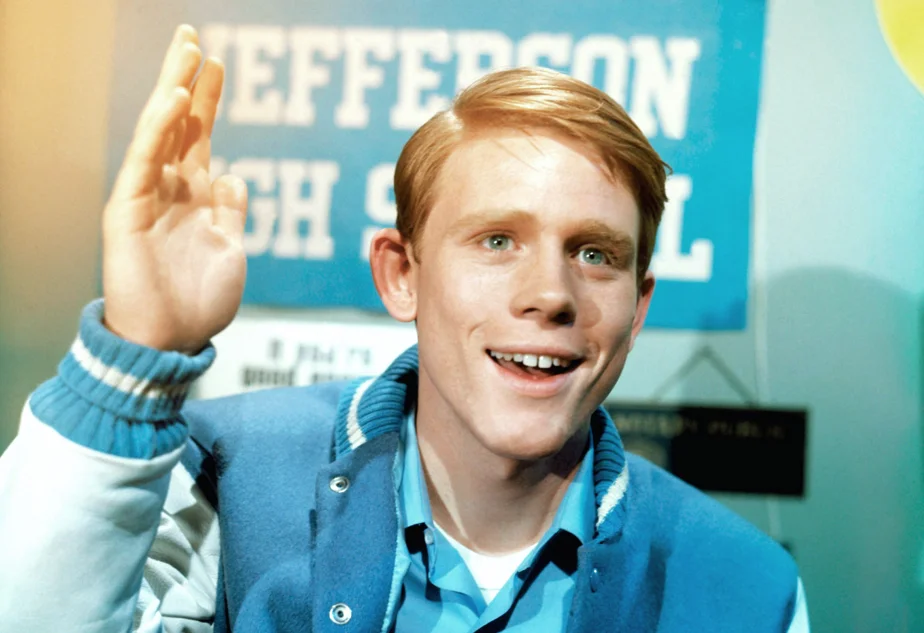
Ron Howard was America’s favorite redheaded teenager as Richie Cunningham on Happy Days in the ‘70s, but he had been acting since childhood on The Andy Griffith Show. While he could have coasted on sitcom fame, Howard was already dreaming of calling the shots from behind the camera. He directed his first feature, Grand Theft Auto, in 1977, and from there, he steadily built one of the most successful directing careers in Hollywood.
Howard has an incredible range, from comedies like Splash to gripping dramas like Apollo 13 and A Beautiful Mind, which won him the Oscar for Best Director. He’s known for his work ethic, versatility, and his ability to bring heart to nearly any genre. Many still remember him as Richie, but his directing career has brought him into an entirely different league. It’s rare for someone to be beloved in two separate Hollywood eras, but Howard pulled it off.
4. Warren Beatty
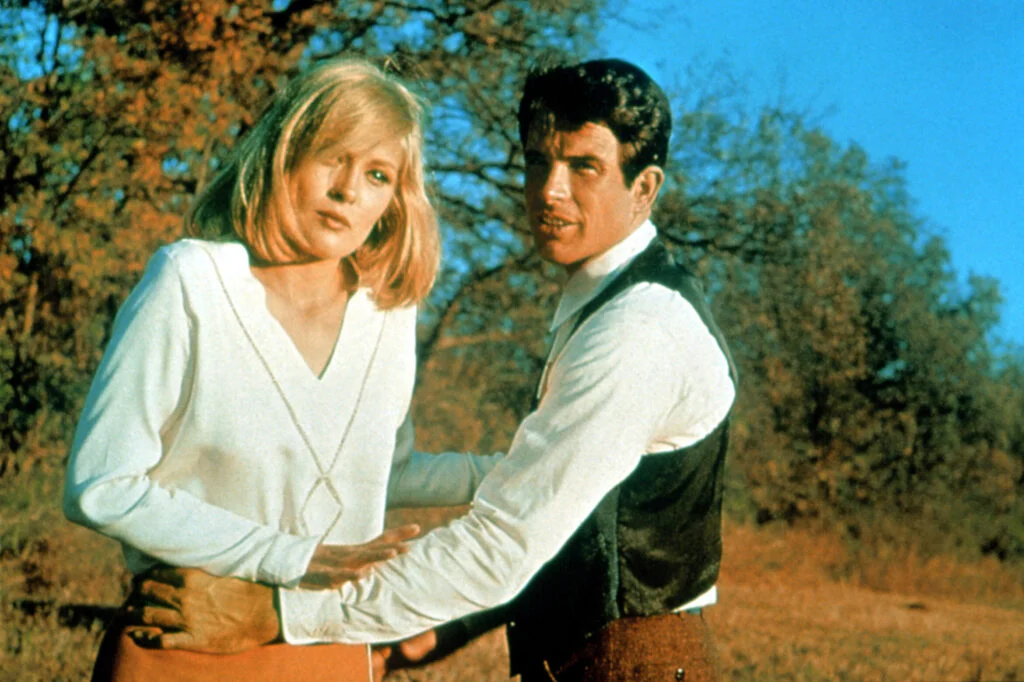
Warren Beatty was the picture of ‘70s Hollywood glamour, starring in films like Shampoo, McCabe & Mrs. Miller, and Heaven Can Wait. His charm and intelligence made him a standout actor, but Beatty was equally drawn to writing, producing, and directing. In fact, he co-directed Heaven Can Wait in 1978, which earned him critical praise and several Oscar nominations.
His biggest triumph as a director came in 1981 with Reds, an epic historical drama that won him the Academy Award for Best Director. Beatty’s directing style often matched his acting—ambitious, polished, and deeply personal. Though he’s made fewer films than some of his peers, each project has carried his distinct vision. He’s one of the rare stars who managed to have control over nearly every aspect of his films, setting him apart as both an artist and a businessman.
5. Mel Gibson
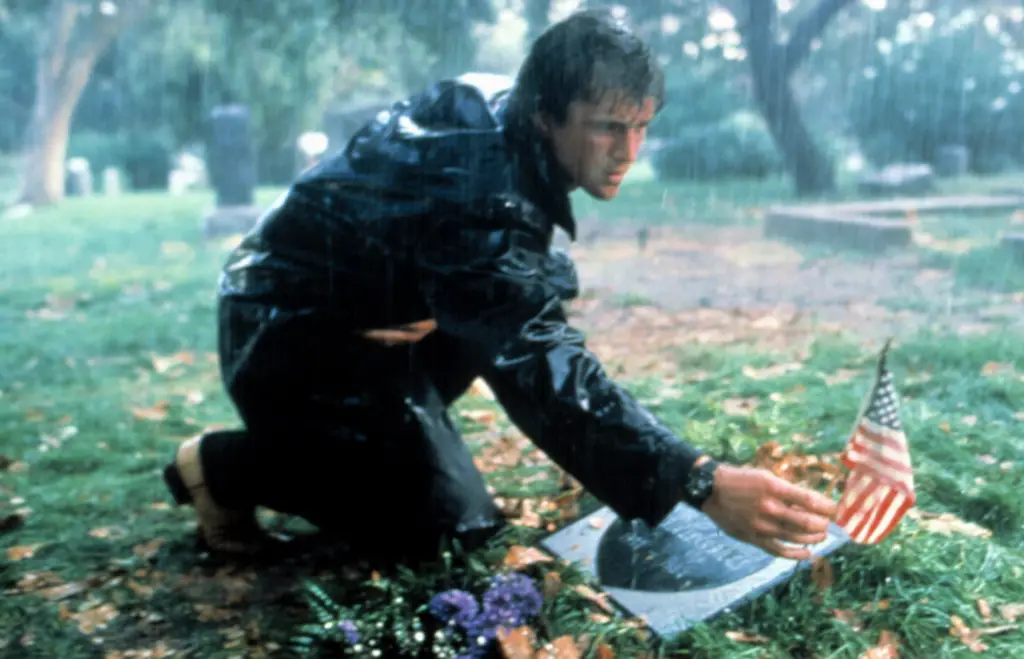
In the late ‘70s, Mel Gibson was making a name for himself in Australia with Mad Max, a low-budget action film that would go on to become a cult hit worldwide. By the ‘80s, he was a global star, but he eventually sought more creative control over his projects. In 1993, Gibson directed The Man Without a Face, a quiet drama that revealed a more sensitive storytelling side than his action-hero persona suggested.
Two years later, he delivered Braveheart, a sweeping historical epic that won him Oscars for Best Picture and Best Director. Gibson’s directing career has been known for its ambition, scale, and intense emotional core, with films like The Passion of the Christ and Hacksaw Ridge making waves in both critical and audience circles. Despite controversies in his personal life, his skill as a director has kept him relevant in the industry.
6. Sydney Pollack
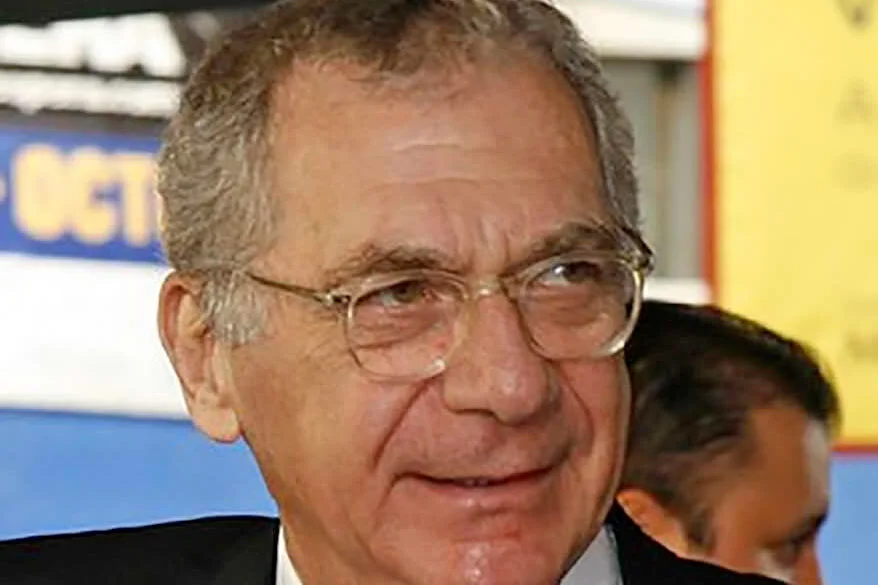
By the ‘70s, Sydney Pollack was a respected actor with roles in television and film, but it was behind the camera where he made his lasting mark. He had already directed in the late ‘60s, but the ‘70s solidified his reputation with films like They Shoot Horses, Don’t They? and Three Days of the Condor. Pollack had a knack for pulling great performances out of his actors, perhaps because he understood their craft so well.
In 1985, Pollack directed Out of Africa, which won him the Oscar for Best Director and Best Picture. He continued making hit films like Tootsie and The Firm, balancing commercial appeal with strong storytelling. Even late in his career, he occasionally acted in films like Eyes Wide Shut, but directing remained his defining role in Hollywood. His career showed that an actor’s understanding of character could translate into unforgettable filmmaking.
7. Kevin Costner
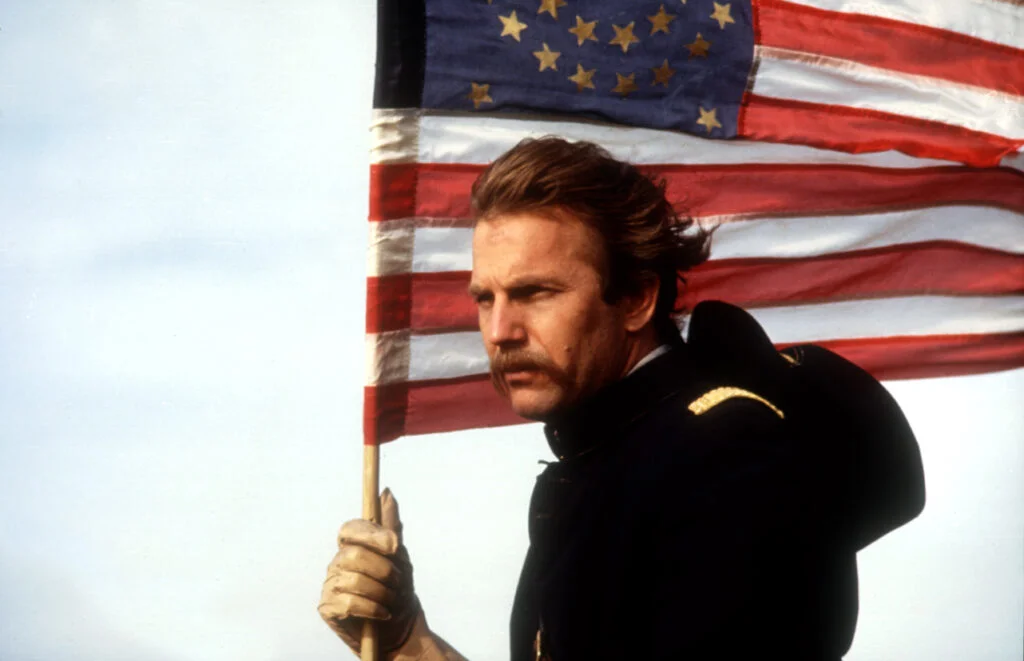
Kevin Costner came to fame in the late ‘80s, but his acting career really took off after starring in The Big Chill and No Way Out. By the early ‘90s, he was one of Hollywood’s biggest names. In 1990, Costner stepped into the director’s chair for Dances with Wolves, a sprawling Western epic that won seven Oscars, including Best Picture and Best Director for Costner himself.
Costner’s directorial style is known for its sweeping landscapes, epic storytelling, and a deep respect for history. He later directed The Postman and Open Range, each with his signature touch of grandeur and sincerity. While he’s still very much an actor, his directing career has proven he’s equally capable of shaping the kind of films he’d want to star in. His ability to switch between both roles has kept him a beloved figure in Hollywood.
8. Barbra Streisand
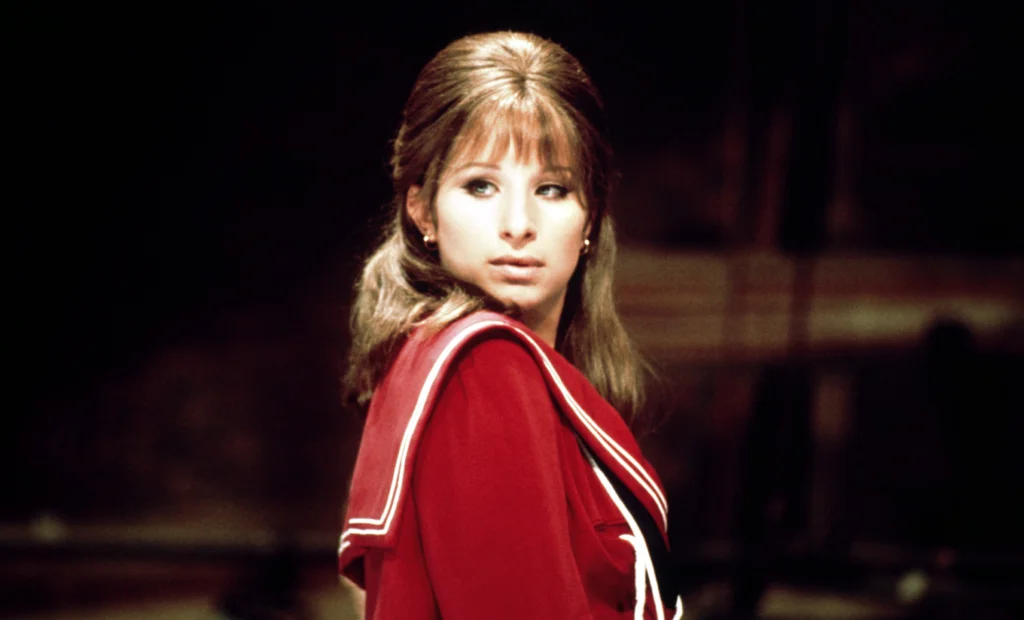
Barbra Streisand was already a music and film icon in the ‘70s, starring in hits like The Way We Were and A Star Is Born. But she wasn’t satisfied with just acting—Streisand wanted full creative control. In 1983, she made her directorial debut with Yentl, a musical drama that she also co-wrote and starred in. It was a groundbreaking project, making her the first woman to write, produce, direct, and star in a major studio film.
Her directing career continued with The Prince of Tides and The Mirror Has Two Faces, both of which received critical acclaim. Streisand’s work behind the camera reflected her perfectionism and her knack for emotional storytelling. She broke barriers for women directors in Hollywood, paving the way for others to follow. Even while focusing more on music in recent years, her directing legacy remains an important part of her career.
9. Dennis Hopper
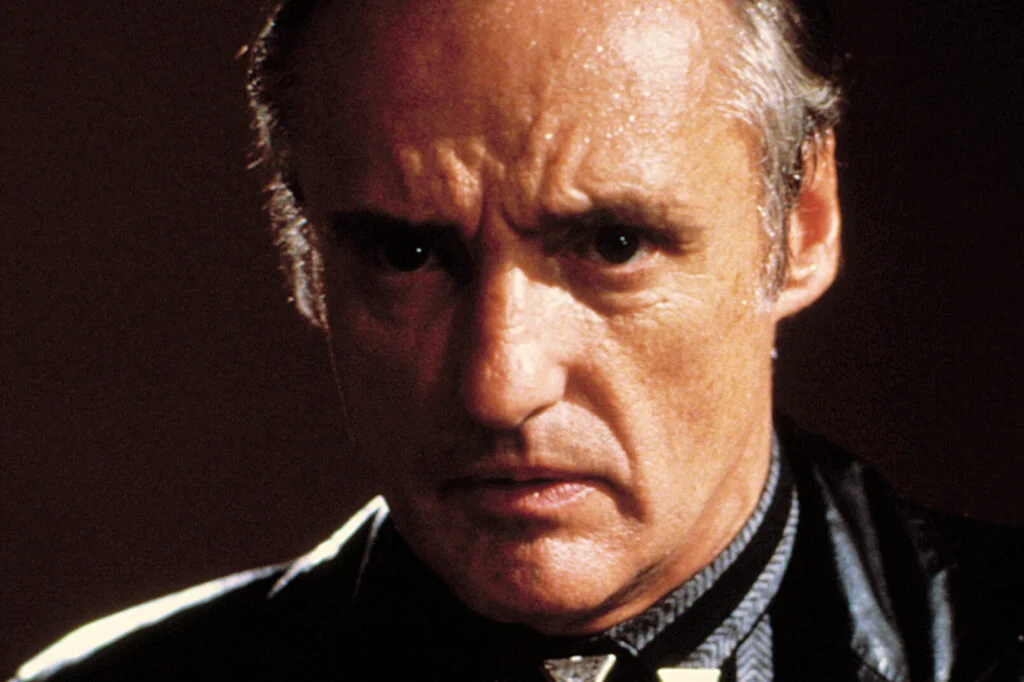
Dennis Hopper was one of the most unpredictable and fascinating actors of the ‘70s, appearing in films like Apocalypse Now and The Last Movie. But he had already made his mark as a director in 1969 with Easy Rider, a counterculture landmark that helped define the era. Hopper continued directing throughout the ‘70s, though not all of his projects found the same success.
His directing style was bold, experimental, and often risky, reflecting his own rebellious spirit. In the ‘80s and ‘90s, Hopper directed films like Colors and The Hot Spot, further cementing his reputation as an unconventional filmmaker. While his acting career often overshadowed his directing, his influence behind the camera remains significant. Few actors have captured the restless spirit of their generation in both performance and direction quite like Hopper did.
10. Woody Allen
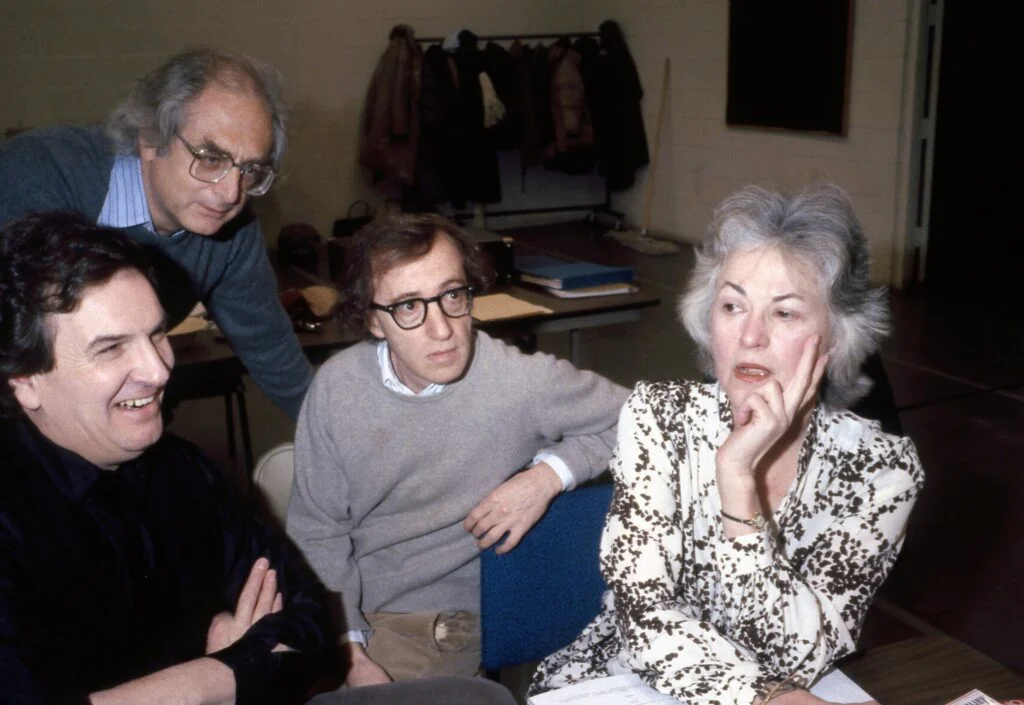
In the ‘70s, Woody Allen was a well-known comedic actor and writer, starring in his own films like Annie Hall and Manhattan. But his real passion was directing, and during that decade, he solidified himself as one of America’s most distinctive filmmakers. His films blended sharp humor with introspective drama, creating a style that was instantly recognizable.
Allen’s directing career has been prolific, with a film almost every year for decades. He’s known for giving actors the freedom to improvise and for exploring themes of love, neurosis, and urban life. While his personal life has sparked controversy, his influence on modern filmmaking—especially in dialogue-driven, character-based storytelling—is undeniable. For Allen, acting was always just one part of the creative puzzle.
11. Peter Bogdanovich
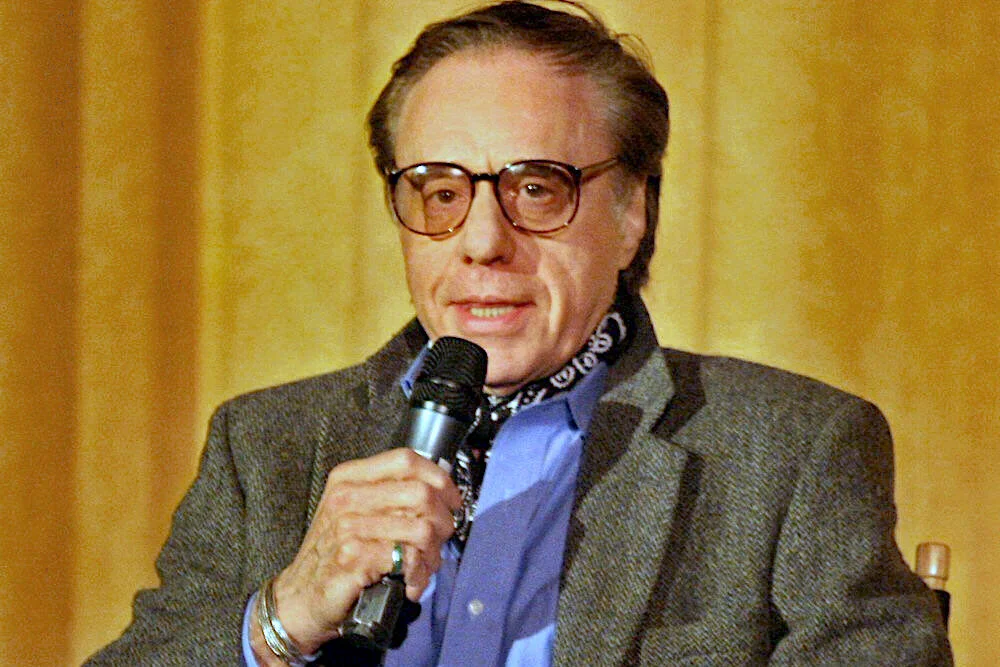
Peter Bogdanovich began his career as an actor and film critic before breaking out as a director in the early ‘70s with The Last Picture Show. While acting was his entry into the industry, directing quickly became his main focus. His early films were celebrated for their elegance and nostalgia, often paying tribute to the Golden Age of Hollywood.
He occasionally stepped in front of the camera in movies like The Other Side of the Wind and the TV series The Sopranos. Still, his most lasting legacy remains in his work behind the camera, with films like Paper Moon and What’s Up, Doc?. Bogdanovich’s dual experience as actor and critic gave him a rare perspective, making his directing style both informed and deeply personal. His work continues to influence filmmakers who love classic storytelling.
12. Robert De Niro
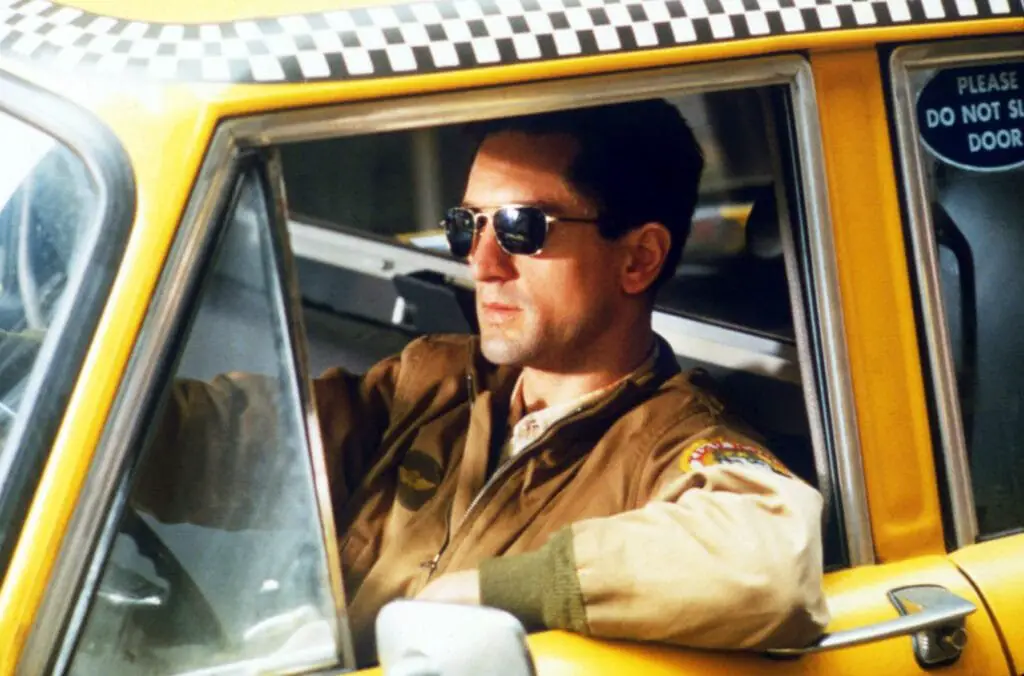
By the ‘70s, Robert De Niro was already a powerhouse actor, delivering unforgettable performances in Taxi Driver, The Godfather Part II, and Mean Streets. Known for his intense preparation and transformative roles, De Niro eventually decided to try his hand at directing. In 1993, he made his debut with A Bronx Tale, a heartfelt coming-of-age story set in the New York neighborhood where he grew up.
He followed it up in 2006 with The Good Shepherd, a spy drama starring Matt Damon and Angelina Jolie. While De Niro’s directing career has been limited compared to his acting, his work shows the same attention to detail and authenticity that made him a legendary performer. His projects reflect a deep understanding of character and setting, making them feel as grounded and layered as his on-screen roles.


